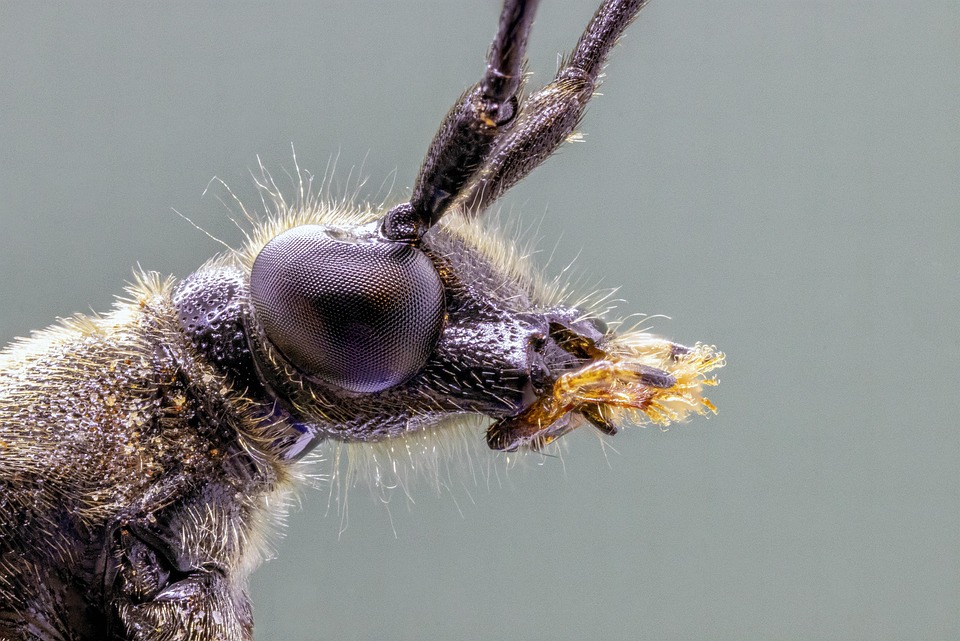As the world becomes more aware of environmental issues, many are seeking sustainable alternatives to conventional products. This trend is especially evident in the realm of pest control, where chemical-laden sprays often come with significant health and environmental risks. For those keen on protecting their homes and gardens while caring for their health and the planet, eco-friendly insect defense solutions are paramount. In this article, we explore some of the best chemical-free bug sprays available, helping you create a bug-free haven without compromising on safety or sustainability.
The Need for Eco-Friendly Insect Defense
Traditional insect sprays typically contain synthetic chemicals that can be harmful not only to insects but also to humans, pets, and beneficial wildlife. Prolonged exposure to these chemicals can lead to health issues including respiratory problems, skin irritations, and even long-term effects such as endocrine disruption. Moreover, the overuse of these products can contribute to the decline of bee populations and disrupt local ecosystems.
By choosing eco-friendly insect defense alternatives, you can effectively manage pest populations while minimizing risks to both health and the environment. Many natural bug sprays leverage plant-based ingredients that deter insects without harming beneficial critters, making them a viable choice for gardens and homes alike.
The Best Chemical-Free Bug Sprays
Here are some of the most effective eco-friendly insect repellents on the market that are kind to both the environment and your well-being:
1. Neem Oil
Neem oil, derived from the seeds of the neem tree, has been used for centuries in traditional medicine and agriculture. Its active compounds disrupt the life cycle of insects and repel various pests. Neem oil is effective against aphids, thrips, and spider mites, and it is safe for use around pets and children. To use, simply mix a few drops with water and a natural soap and spray directly on the affected plants.
2. Diatomaceous Earth (DE)
Diatomaceous earth is a natural powder made from the fossilized remains of tiny aquatic organisms called diatoms. It works by dehydrating and damaging the exoskeletons of insects that come into contact with it. DE is particularly effective against crawling insects, including ants, cockroaches, and bedbugs. Simply sprinkle it in areas where pests are present. Remember to use food-grade diatomaceous earth to ensure safety for humans and pets.
3. Essential Oils
Certain essential oils are known for their insect-repelling properties, making them perfect for homemade bug sprays. Oils such as peppermint, lavender, eucalyptus, and citronella can deter mosquitoes, flies, and other unwanted insects. To create a natural bug spray, mix a few drops of essential oil with water and witch hazel in a spray bottle. Shake well and apply as needed.
4. Soy-Based Insect Repellents
Soybean-based insect repellents are gaining popularity as effective alternatives to traditional sprays. They work by releasing insect-repelling scents and can be used both indoors and outdoors. These sprays are often formulated with natural ingredients and are biodegradable, making them a smart choice for eco-conscious consumers.
5. Insecticidal Soaps
Insecticidal soaps are made from natural plant oils and fats that puncture the outer layer of soft-bodied insects like aphids and spider mites. They work by suffocating the pests rather than using harmful chemicals. These soaps are safe to use on edible plants, making them ideal for home gardens.
6. Castile Soap
Another versatile option for insect defense is Castile soap, a plant-based soap that can be mixed with water to create a simple bug spray. This eco-friendly product can work wonders against a wide range of pests, including aphids, mites, and whiteflies. Castile soap is biodegradable and safe for beneficial insects and pollinators when used correctly.
DIY Eco-Friendly Bug Spray
If you’re looking to take matters into your own hands, creating a DIY bug spray can be simple and effective. Here’s a quick recipe:
Ingredients:
- 1 cup of water
- 1 cup of vinegar (white or apple cider)
- 10-20 drops of essential oil (peppermint, lavender, or tea tree)
Instructions:
- Combine the water, vinegar, and essential oil in a spray bottle.
- Shake well to mix the ingredients thoroughly.
- Spray onto areas where bugs are present, avoiding direct contact with beneficial insects.
Conclusion
With a growing focus on sustainable living, opting for eco-friendly insect defense solutions is a responsible choice. Chemical-free bug sprays not only protect your home and garden but also contribute to the well-being of our planet. Whether you choose to purchase pre-made products or whip up your own natural remedies, there are effective options available that cater to both your needs and the environment. Making the switch is a small step that yields significant benefits for you, your loved ones, and the ecosystem. By prioritizing natural pest control methods, you are playing an active role in nurturing a healthier, greener future.
